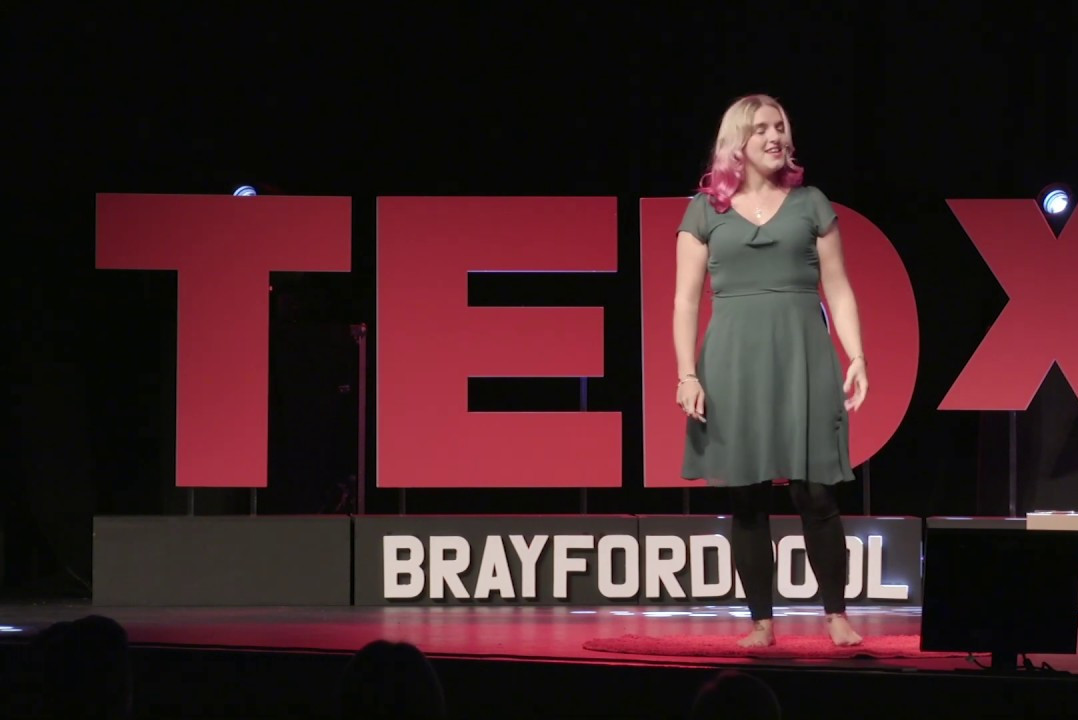Set Point Theory and Eating Disorder Recovery
Set point theory is the science as to why diets don’t work! It explains why we lose the same 10lbs over and over again, why we get trapped in this vicious dieting circle and why we can become completely obsessed trying to manipulate our bodies.
Set point theory was developed by Dr William Bennet and researcher Joel Gurwin in 1982, and explains that we have a pre-determined genetic weight. But what does this even mean? Well basically, if we ate normally – which involves over-indulging, as well as not quite getting enough one day, a balance, eating intuitively and listening to our body’s hunger signals without thinking about it constantly – our weight is in our genetics, already decided.
If you think about your body’s height for example, that is in your genetics, if you feel you are too tall, do you spend so much time and energy trying to become shorter? No, so why do we do it with our weight?
Our bodies can cope with day-to-day fluctuations; we have this amazing thing called a metabolism which does all this for us! How? As with when we get too hot, our natural defences kick in to try and cool us down – our weight works in exactly the same way.
If we overeat one day our bodies will do things, naturally, like increasing our metabolism and slowing down our hunger signals. This happens to keep us at our set weight (our pre-determined genetic weight.)
So, what happens when we fight against our own DNA and try and lose weight for example below what our set point is?
Well, your body doesn’t like it. Your metabolism will slow down, making you feel colder and more tired so your body can try to preserve energy. Next you’ll be feeling hungrier and start to think about food more as your natural hunger signals rise. If we deny ourselves that bit of chocolate over and over again, or any other food group we try to restrict to get below our set point, we cannot stop thinking about it. We think that it is bad, but our body actually needs it.
So what do we do? End up eating the whole bar. Then perhaps another one and potentially resulting in a binge. If the cycle spirals, we can actually start to gain weight whilst trying to diet, introducing feelings of shame, guilt…
Healthy weight, unhealthy mind: Embracing your set point | Zoe Burnett | TEDxBrayfordPool
I was sat in treatment just thinking What? Why is this not being taught in schools, why is this not more talked about? It is the secret that the dieting industry does not want us to know, they are making money off us not knowing this?
I then saw the fact that I had two options;
- continue trying to manipulate my body into something it’s not genetically designed to be, battling with my own DNA, constantly battling with all my issues, continuing not to enjoy my life, ordering the salad if I dared to go out, and obsess purely on how I look, or,
- accept the fact that I am going to be bigger than what I’d like, live my life, be healthy, mentally and physically and be happy.
It seems so obvious, but I was still engaging in many behaviours that kept my disorder going. I was gaining weight, when going through recovery this happens; it is going to happen, even if you were a healthy BMI to begin with, my journey accepting my set point was far from easy.
I felt like I was being torn in two, part of me wanted to quit recovery and just maintain, not fight with the voice anymore and the other part of me wanted to keep going, keep fighting and fully recover.
“My brain is literally being torn in two, I don’t want to keep gaining, I do not like nor accept my set point, but if I fight it I just end up back here, in eating disorder misery. I do not know what to do.”
I spoke with my husband who reminded me what was more important, than being slim, reminding me that the perfect body does not exist, how this behaviour will only lead to an early grave, and trusting the professionals, trusting my own body to reach its set point and then learning to accept my new body, my physically well body, then my mind would heal too. I had to trust my body and accept my set point. This was not an easy process but again what choice did I have?
I knew if I wanted to be recovered once and for all from this eating disorder chaos, I was trapped in I needed to accept my set point.
Of course, I knew he was right and I wanted to keep working towards recovery. This feeling of being torn completely in two isn’t normal and one of the hardest things I had to overcome, I had to unlearn everything I thought I knew from the diet culture and constantly remind myself about set point theory.
One thing I did find (which I will continue to share) is that once I reached my set point and a weight in which my body was happy with, all of those symptoms of an eating disorder started to vanish.
I felt well again.
My body image issues started to fade as I began to recognise it was pointless trying to manipulate my body into something it is just not meant to be. My self-confidence grew and I embraced and celebrated my body. The binge / purge / restrict cycles had stopped.
My body physically had healed, and my mind was well on its way. And from that moment, I have never looked back.
- I will not eat numbers, I will eat food.
- I am now (according to that BMI chart) overweight, but for the first time in my life I am living.
- I’m not weighing out my salad, or saying no to going out for a coffee with friends.
- My heart rate has doubled and is now healthy,
- and all the other issues I had, including fertility issues, have improved.
- I‘m eating well and exercising because I want to, not because I have to.
I am now well enough to carry a child, and the healthiest I have ever been. That BMI chart told me that I was healthy, when I was stuck in eating disorder chaos, but those behaviours, the fact my body was shutting down, does that really sound healthy to you?
So now I have explained set point theory to you, just think for a moment, has your views on the dieting industry changed?
The diet cycle is real and I was trapped in it for too long. I kept thinking ‘oh I need to lose weight’, so I would go on a diet, lose weight, but then the second I ate a little more normally, I put the weight back on, (set point theory). So, I would (once again) try a diet, lose weight, then eat normally again, (set point) and I would gain again… Do you see where I am going with this?
Diets do not work long term and your body will fight to get back to its set point. Ask someone who tells you they’re doing one of the big multi million-pound industry diets, how many times they have done it? I bet it’s more than once.
I used to and this cycle and yo-yoing constantly was a lot more damaging for my health, and just led to me being a big eating disorder mess, than if had just accepted that I was going to be overweight.
Please stop wasting your money, and do what I have done. Accept your set point, accept your body, and live. Fully.
You see, life really is too short for self-hatred and celery sticks! All these diets, Cambridge, Slimming World, Weight Watchers, Slim Fast, you name it I’ve tried it, diet pills, detox teas, fruit cleanses, shake diets, and my new personal favourite, lifestyle change. These are all not long term sustainable. Which encourages very disordered behaviours which can be deemed as normal in the dieting industry. Rebel and get your life back.

Contributed by Zoe Burnett,
Specialist Support Office at First Steps ED


